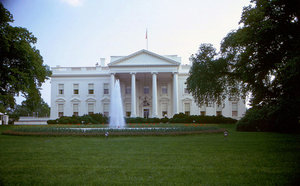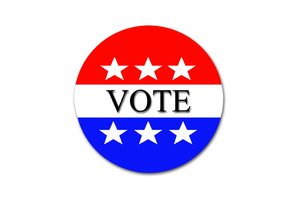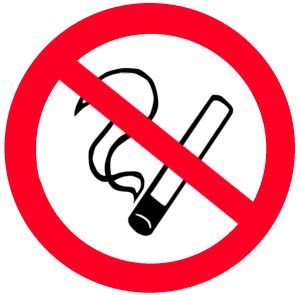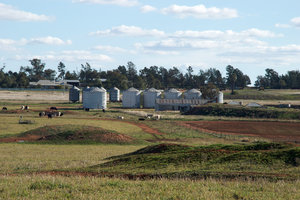Show Your Voice And Stand Up to Los Angeles Medical Marijuana Ban
As the Marijuana Lawyer Blog reported earlier in January, Los Angeles officials are planning on implementing a “gentle ban” on medical marijuana citywide.
And The Weed Blog reports that city officials are planning a January 31 meeting to take a final vote on the ban. Bloggers are urging medical marijuana businesses, patients and others to come together to show their frustration with these developments.

Our Los Angeles medical marijuana lawyers also urge supporters of this industry to show your voice by speaking out against this ban. City officials are simply playing into the hands of the federal government, which is trying to intimidate them into banning this industry. Medical marijuana in Los Angeles is a legitimate business that has been hit with a negative public relations campaign.
The facts show that alcohol abuse and prescription drug abuse is a much more prevalent problem. But for some reason, the government only wants to make a big deal about medical marijuana. When people suffering from debilitating illnesses want pain relief, it makes more sense to give them a safer mode of treatment than one they can become addicted to and potentially abuse. Somehow, that hasn’t gotten across to many government types.
According to the blog entry, industry officials are hoping to put together a united front to discuss the matter with city leaders. The city’s planning commission has already voted to ban the “medical marijuana business” within city limits. The matter has now been passed on to the city council, which is planning to take a final vote. It’s expected they’re leaning toward going with the ban.
If medical marijuana business leaders come together and show that regulations are welcomed, but shutting down businesses is not, it’s possible leaders could be persuaded not to go forward with this plan. It’s believed that even if new businesses are banned from coming into the city, businesses that are already in place will be grandfathered in and will be allowed to continue operating.
How to show your voice:
- The meeting is set for 10:30 a.m. January 31 or may be moved to 10:30 a.m. Feb. 1
- It’s at Los Angeles City Hall, 200 North Spring Street, Room 340. Bring an ID
- Prepare a 2-minute or 1-minute talk about why you’re opposed to the ban
- Make the story personal and tell why this is bad
Anyone can help fight this poorly considered city plan. It’s the hope of Los Angeles medical marijuana lawyers that patients as well as owners of collectives and dispensaries will stand up to city hall and attempt to stop this ban. It is happening simply because officials are afraid of what the federal government may do and they are unsure of how court cases could affect them.
Tell city leaders how important these businesses are and why Los Angeles should stand out and not back down to federal pressure.
Continue reading
 Cannabis Law Group's Medical Marijuana Legal Blog
Cannabis Law Group's Medical Marijuana Legal Blog












